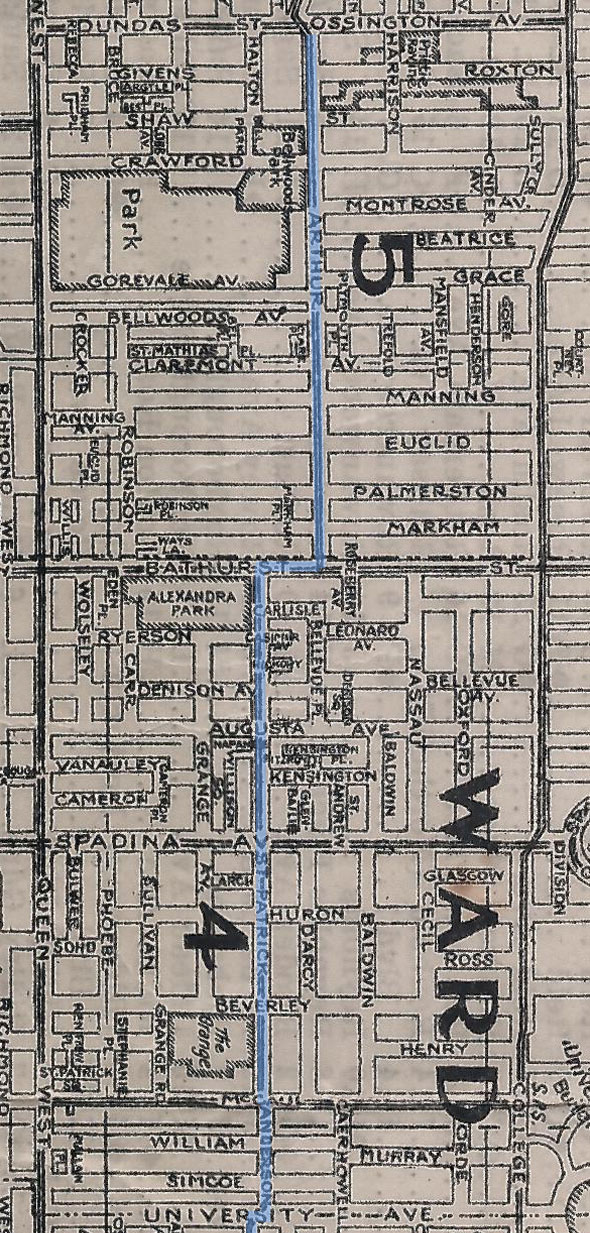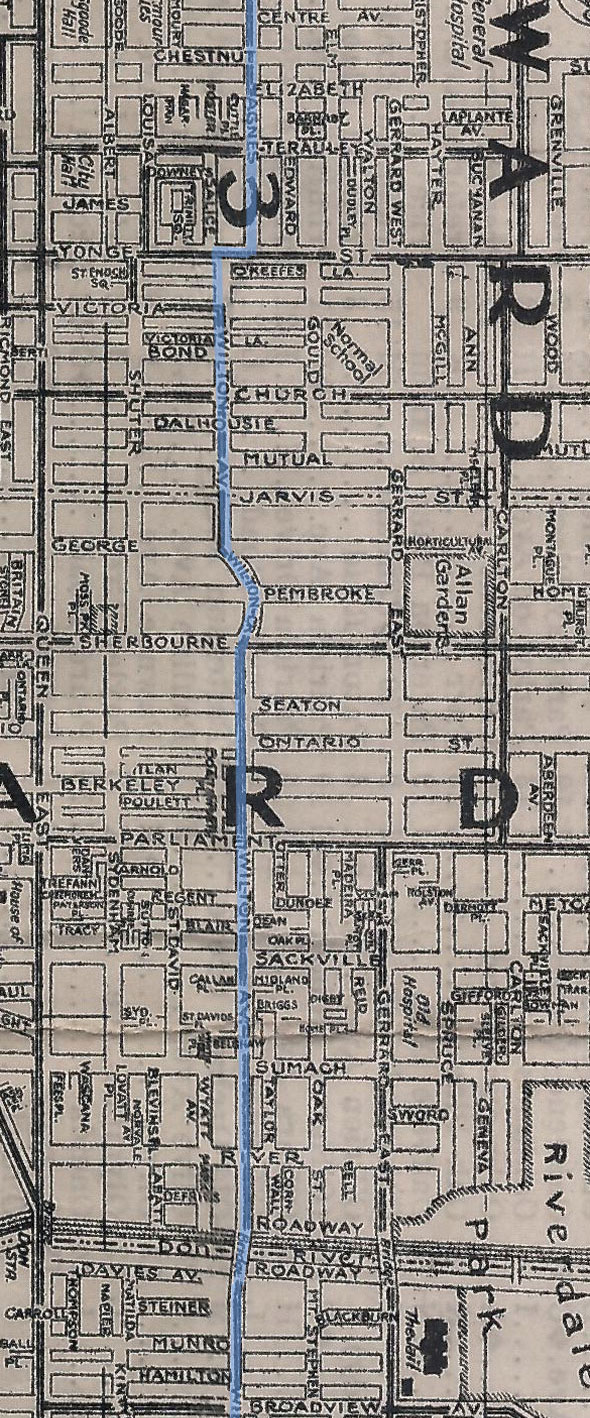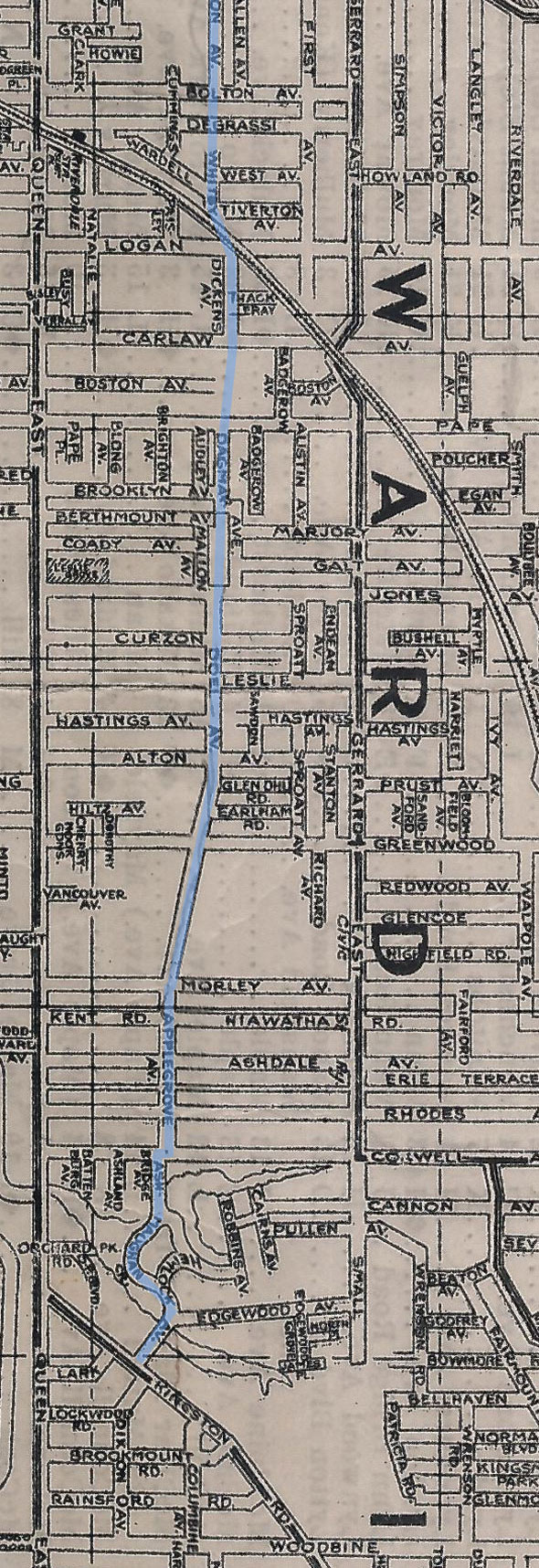...
Abolition would have come faster without independence
The main reason the revolution was a mistake is that the British Empire, in all likelihood, would have abolished slavery earlier than the US did, and with less bloodshed.
Abolition in most of the British Empire occurred in 1834, following the passage of the
Slavery Abolition Act. That left out India, but slavery was
banned there, too, in 1843. In England itself, slavery was illegal at least
going back to 1772. That's decades earlier than the United States.
This alone is enough to make the case against the revolution. Decades less slavery is a massive humanitarian gain that almost certainly dominates whatever gains came to the colonists from independence.
The main benefit of the revolution to colonists was that it gave more political power to America's white male minority. For the vast majority of the country — its women, slaves, American Indians — the difference between disenfranchisement in an independent America and disenfranchisement in a British-controlled colonial America was negligible. If anything, the latter would've been preferable, since at least women and minorities wouldn't be
singled out for disenfranchisement. From the vantage point of most of the country, who cares if white men had to suffer through what everyone else did for a while longer, especially if them doing so meant slaves gained decades of free life?
It's true that had the US stayed, Britain would have had much more to gain from the continuance of slavery than it did without America. It controlled a number of dependencies with slave economies — notably Jamaica and other islands in the West Indies — but nothing on the scale of the American South. Adding that into the mix would've made abolition significantly more costly.
But the South's political influence within the British Empire would have been vastly smaller than its influence in the early American republic. For one thing, the South, like all other British dependencies, lacked representation in Parliament. The Southern states were colonies, and their interests were discounted by the British government accordingly. But the South was also simply smaller as a chunk of the British Empire's economy at the time than it was as a portion of America's. The British crown had less to lose from the abolition of slavery than white elites in an independent America did.
The revolutionaries understood this. Indeed, a desire to preserve slavery helped fuel Southern support for the war. In 1775, after the war had begun in Massachusetts, the Earl of Dunmore, then governor of Virginia, offered the slaves of rebels freedom if they came and fought for the British cause.
Eric Herschthal, a PhD student in history at Columbia, notes that the proclamation united white Virginians behind the rebel effort. He quotes Philip Fithian, who was traveling through Virginia when the proclamation was made, saying, "The Inhabitants of this Colony are deeply alarmed at this infernal Scheme. It seems to quicken all in Revolution to overpower him at any Risk." Anger at Dunmore's emancipation ran so deep that Thomas Jefferson
included it as a grievance in a draft of the Declaration of Independence. That's right: the declaration could've included "they're conscripting our slaves" as a reason for independence.
For white slaveholders in the South, Simon Schama writes in
Rough Crossings, his history of black loyalism during the Revolution, the war was "a revolution, first and foremost, mobilized to protect slavery."
Slaves also understood that their odds of liberation were better under British rule than independence. Over the course of the war, about
100,000 African slaves escaped, died, or were killed, and tens of thousands enlisted in the British army, far more than joined the rebels. "Black Americans' quest for liberty was mostly tied to fighting for the British — the side in the War for Independence that offered them freedom," historian Gary Nash writes in
The Forgotten Fifth, his history of African Americans in the revolution. At the end of the war,
thousands who helped the British were evacuated to freedom in Nova Scotia, Jamaica, and England.
This is not to say the British were motivated by a desire to help slaves; of course they weren't. But American slaves chose a side in the revolution, the side of the crown. They were no fools. They knew that independence meant more power for the plantation class that had enslaved them and that a British victory offered far greater prospects for freedom....







